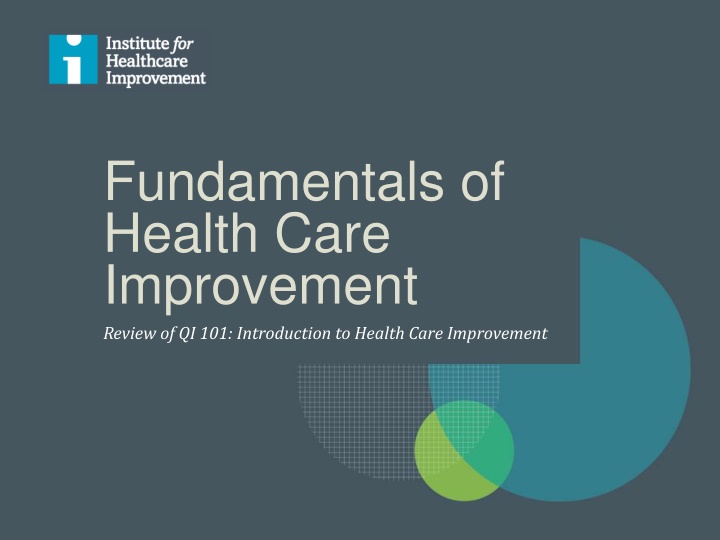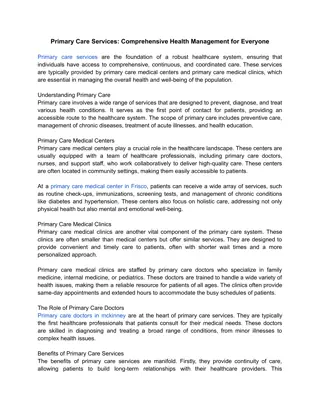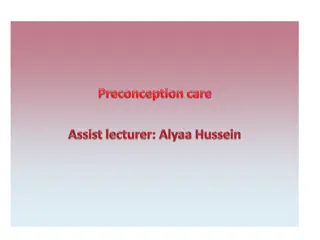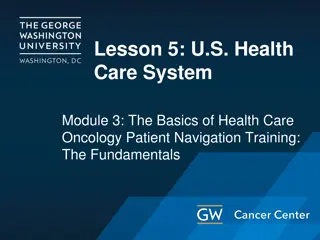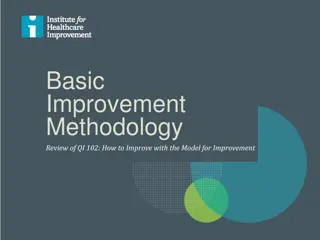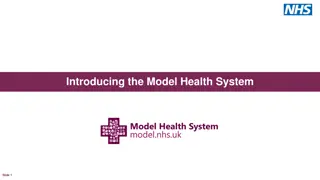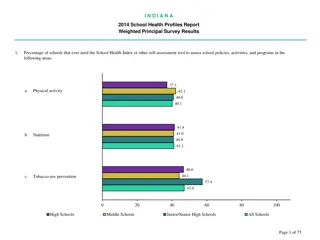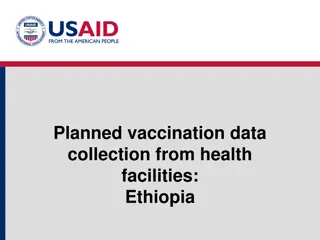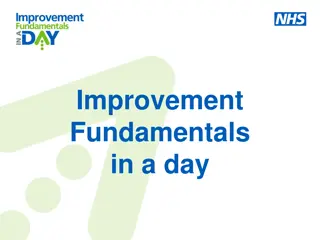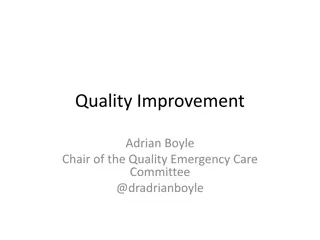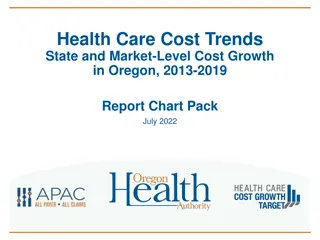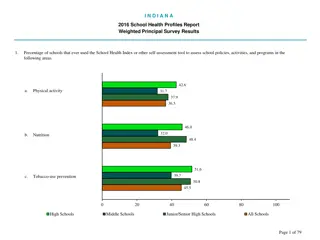Fundamentals of Health Care Improvement: Review and Challenges
Overview of common challenges in health care systems worldwide, the six dimensions of health care quality defined by the Institute of Medicine, the value of improvement science in health care, and ways to address the current state of health care with a focus on system changes.
Download Presentation

Please find below an Image/Link to download the presentation.
The content on the website is provided AS IS for your information and personal use only. It may not be sold, licensed, or shared on other websites without obtaining consent from the author.If you encounter any issues during the download, it is possible that the publisher has removed the file from their server.
You are allowed to download the files provided on this website for personal or commercial use, subject to the condition that they are used lawfully. All files are the property of their respective owners.
The content on the website is provided AS IS for your information and personal use only. It may not be sold, licensed, or shared on other websites without obtaining consent from the author.
E N D
Presentation Transcript
Fundamentals of Health Care Improvement Review of QI 101: Introduction to Health Care Improvement
Lecture Objectives 1. Describe common challenges for health care systems around the world 2. List the six dimensions of health care, and the aims for each, outlined by the Institute of Medicine (IOM) in 2001 3. Explain the value of improvement science in health care
Lecture Outline Health and health care today The Institute of Medicine s aims for improvement Changing systems with the science of improvement
The State of Health Care Today Providers are becoming more specialized, leading to gaps in communication and care Populations are aging, with disease burden shifting toward chronic conditions Patients and families are better informed, wanting more personalized care Complicated procedures and expensive treatments are more available and desired
Two IOM Reports 1999: To Err Is Human: Building a Safer Health Care System 44,000 to 98,000 Americans dying due to medical errors each year Equivalent to three jumbo jets crashing every other day; statistics widely reported by the media 2001: Crossing the Quality Chasm: Health Care in the 21st Century Six dimensions of US health care that need improvement
Six Dimensions of Health Care Quality Safe: Avoiding injuries to patients from the care that is intended to help them Timely: Reducing waits and sometimes harmful delays for patients and providers Effective: Providing the appropriate level of services based on scientific knowledge Efficient: Avoiding waste, including waste of equipment, supplies, ideas, and energy Equitable: Providing care that does not vary in quality because of personal characteristics Patient-Centered: Providing care that is respectful of and responsive to individual patients
How Can We Improve? Every system is perfectly designed to get the results it gets. The science of improvement (however we label it) focuses on changing systems not people Science of improvement Health care delivery science Implementation science Systems strengthening Systems engineering
System of Profound Knowledge Theory of improvement from W. Edwards Deming Framework for understanding key aspects of systems Predecessor of the Model for Improvement
Appreciation of a System What is the whole system that you re trying to manage?
Understanding Variation What is the variation in results trying to tell you about the system?
Theory of Knowledge What are your predictions about the system s performance?
Theory of Psychology What are the important interactions among people in the system?
Video https://youtu.be/XSQr9_VwMCg http://www.ihi.org/education/IHIOpenSchool/resources/Pages/Activities/williamsNeedImprovementScience.aspx
Discussion Do you agree that clinicians need improvement methodology to help them change how they work? Why or why not? When you think about a process in your life (at work or at home) that needs improvement, what s the first thing that comes to mind? Why? How can data be helpful in identifying opportunities for improvement? Have you used improvement science to make changes in your work or home life? What was your experience? http://www.ihi.org/education/IHIOpenSchool/resources/Documents/Facilitator_ImprovementScience.pdf
Exercise Go to https://www.medicare.gov/hospitalcompare/sear ch.html Research your local hospitals or the hospitals in an area of your choice. Discuss what you learned, referring to the discussion questions at http://www.ihi.org/education/IHIOpenSchool/reso urces/Documents/QI101_exercise.pdf
